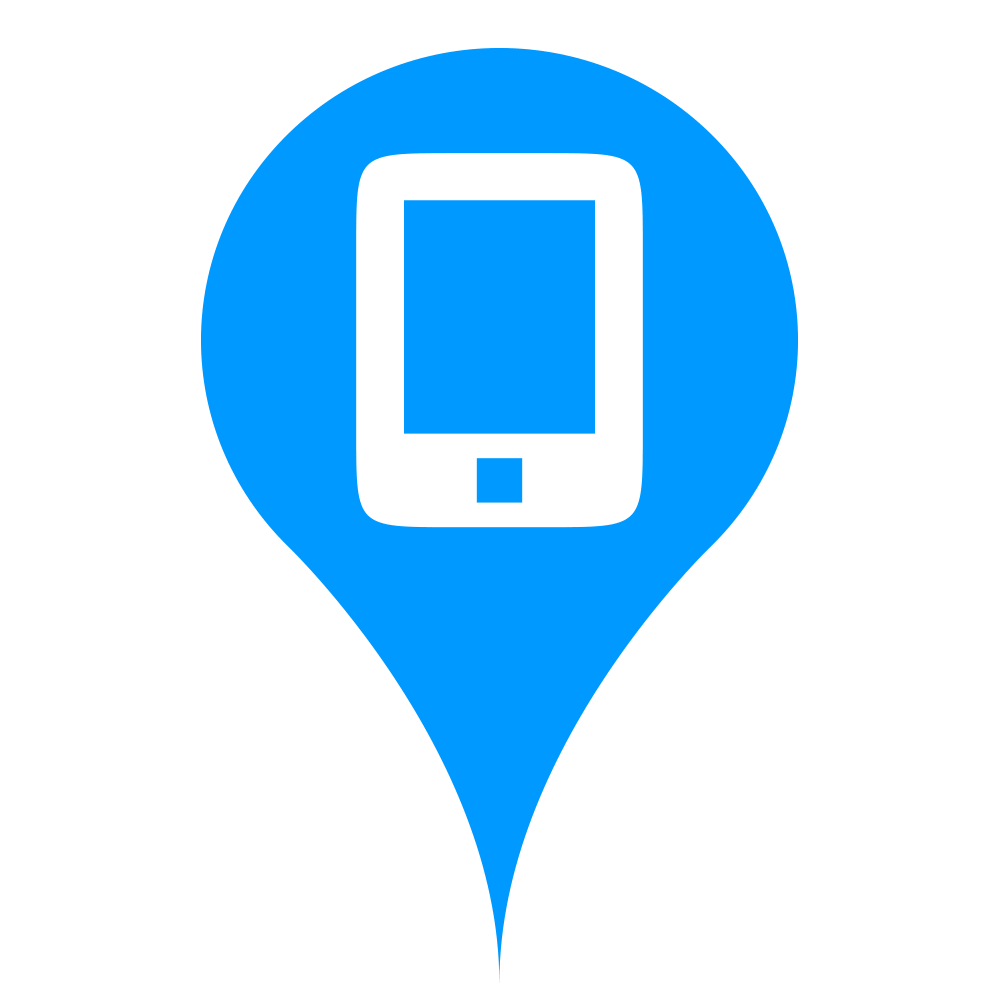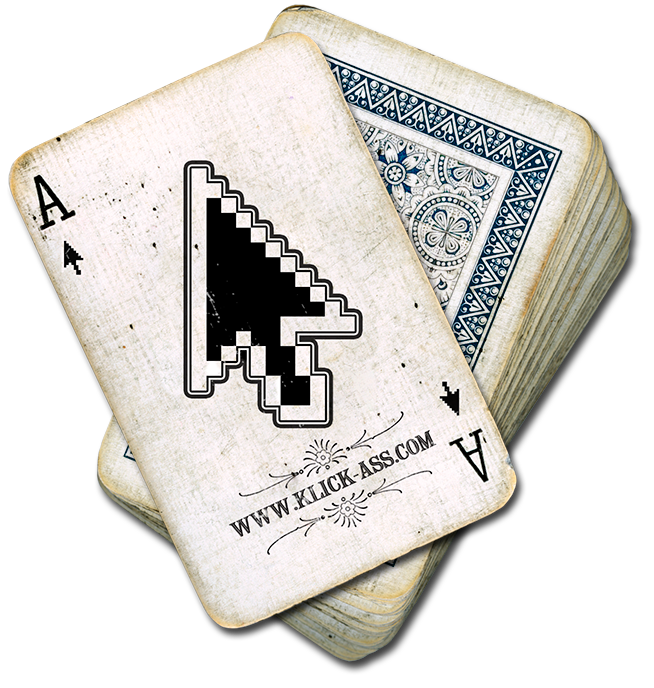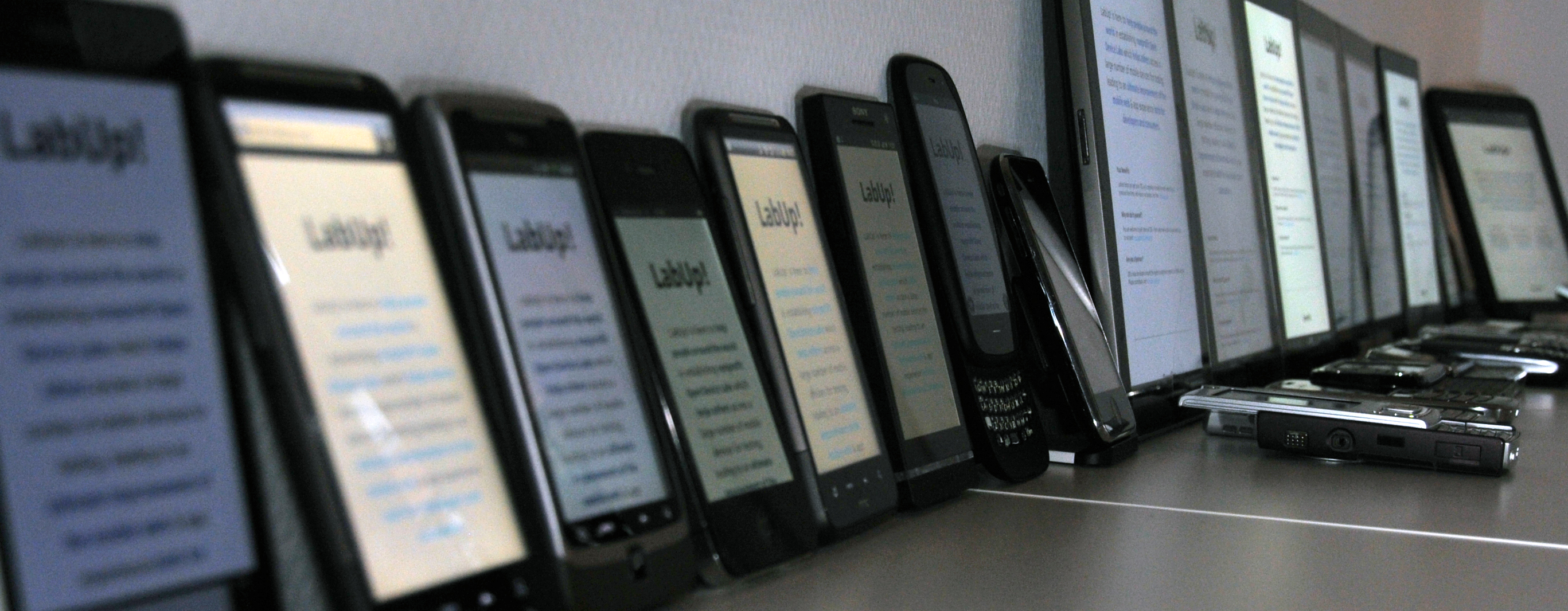
Open Device Labs (ODL, ODLs) are a grass roots community movement that enables developers around the globe to easily access real devices to test their work and improve the user experience across the huge variety of internet connected devices.
When I began to compile what appeared to be the first global directory of ODLs on the web in July 2012, only half a year ago, we had 8 ODLs – all of them in Europe. Four months ago I had founded LabUp! together with a bunch of like-minded, to help establish Open Device Labs. And among others, I began to build lobby and raise awareness for the movement wherever possible.
Today, we have 37 ODLs across 18 countries with over 500 devices accessible. Another 15 ODLs are preparing to become established hopefully soon.
In the past two months my mates Christian Schaefer and Anselm Hannemann spent numerous hours of their free time together with me to move the ODL idea forward, up to what we’re proud to announce today: OpenDeviceLab.com, a service crafted to serve three major goals:
- Help people across the world to locate the right Open Device Lab for the job
- Explain and promote the Open Device Lab movement – and help ODLs to become more visible
- Attract contributors and sponsors to help and donate to ODLs.
If you like the project, please help us to spread the word and raise awareness about the ODL idea and the importancy of real device testing. You can tweet or post on your favorite social network, blog about it, or simply comment and rate any Open Device Lab you have used with the respective functionality on OpenDeviceLab.com.
And if you should run into @derSchepp or @helloanselm, tell them they’re the awesomness in person and invite them on a beer, for dinner, and to your house. Without Schepp and Anselm OpenDeviceLab.com would not serve the ODL movement today (you guys rule, and I cannot thank you enough for all your help!).
This is the classic 1.0 release of OpenDeviceLab.com, and I am eager to see where it will take us. And how YOU like it, via your comments. But pick your words wisely, you might end up reading them at http://opendevicelab.com/#comments! ;)=
- 28.01.2013
- Category: Awesomeness
- 0 Comments


